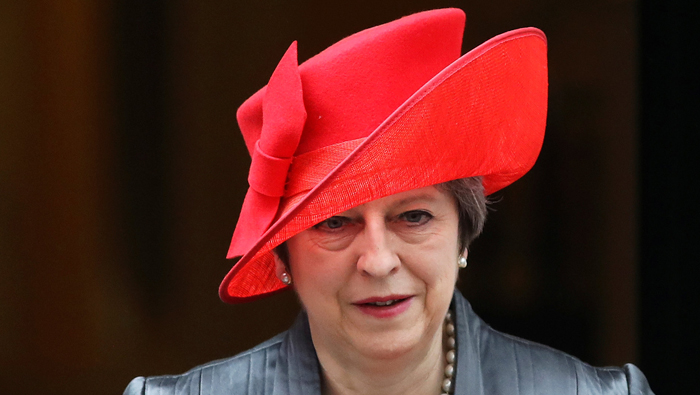
London: British Prime Minister Theresa May said on Monday it was "highly likely" that Moscow was responsible for the poisoning in England of former Russian double agent Sergei Skripal and his daughter using a military-grade nerve agent.
Either the Russian state was directly responsible for the poisoning or it had allowed the poison, which belonged the Novichok group of nerve agents, to get into the hands of others, May told Britain's parliament.
May said Russia's ambassador to London had been summoned to explain to British Foreign Secretary Boris Johnson how the nerve agent came to have been used in the March 4 incident in the English cathedral city of Salisbury.
Skripal, 66, and his 33-year-old daughter Yulia, have been in hospital in a critical condition since being found unconscious on a bench outside a shopping centre in the city.
A British policeman who was one of the first to attend to the stricken spy was also affected by the nerve agent. He is now conscious in a serious but stable condition, police said.
"On Wednesday we will consider in detail the response from the Russian state," May said. "Should there be no credible response, we will conclude that this action amounts to an unlawful use of force by the Russian state against the United Kingdom," she said.
May said the poisoning took place "against a backdrop of a well-established pattern of Russian state aggression" and she said Britain was ready to take "much more extensive measures" against Russia than in the past.
Russia's foreign ministry hit back immediately, saying the comments by May were a "circus show" and part of political information campaign against Russia, local media reported.
Earlier on Monday, before May spoke, Russian President Vladimir Putin brushed off a question about the affair, saying British authorities should first "get to the bottom of things," the BBC's Moscow correspondent wrote on Twitter.